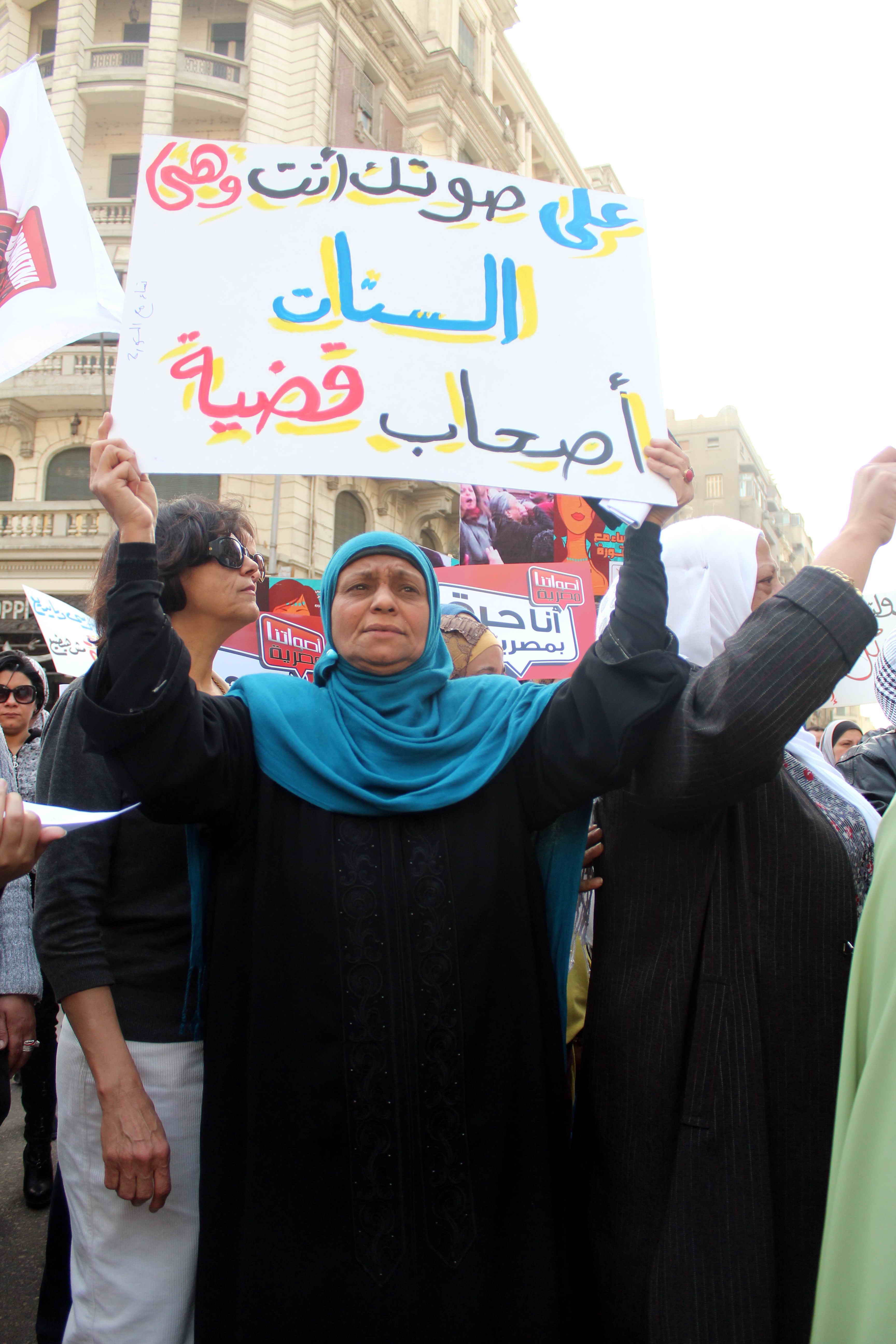CAIRO: While Egypt and the United Kingdom have always enjoyed strong bilateral trade relations – namely in the oil and gas sector – both sides are working to diversify their investment portfolios and cooperate in sectors such as food processing, textiles and even furniture.
The UK’s relationship with Egypt dates back to the 1800s, and it is currently Egypt’s fourth largest export market. Bilateral trade in goods and services hit a record of approximately $3.2 billion, marking a trade surplus in favor of Egypt.
According to the British embassy in Egypt, Egyptian exports to the UK in 2006 almost doubled to reach $1.35 billion, while UK exports went up to $1 billion.
Oil and gas are the biggest components of Egyptian exports to the UK, followed by textiles and agriculture. UK exports to Egypt are diversified and include machinery, scientific equipment and telecommunications.
“Bilateral trade relations remain very strong and active, said Keith Melville, director of trade and investment at the British embassy. “We are keen to further develop links in sectors such as oil and gas, IT, agriculture, financial services, and education.
He added that the UK aims to develop a long-term sustainable presence in Egypt and utilize its location to penetrate other world markets. “AstraZeneca [operated] a new pharmaceutical plant in Cairo that is obviously aimed at the Egyptian market but also serves other markets in the region such as Algeria, he explained. “Vodafone Egypt serves a sustainable number of people in Egypt, but also serves the Australian network [from Egypt]. And that is the way the world is going now.
Apart from their growing trade relations, the UK has been involved with Egypt in a number of areas such as providing assistance in consumer and competition protection policies, tax awareness, money laundering, and public-private partnership (PPP) development. The UK sees a lot of potential and opportunities in PPPs to develop Egypt’s infrastructure and economy, with health and education being priorities.
With around 610 British companies and banks operating in Egypt, the UK has become the largest non-Arab investor in Egypt, taking advantage of the country’s favorable geographic location, low cost labor force, and its relative openness to business.
“The best estimate of UK investments in Egypt will be $20 billion. But when one considers.Vodafone purchasing its 3G license for LE 3.34 million or British Petroleum maintaining its operations in the country, the figure must be rising dramatically, Melville stated.
British investments in Egypt are quite diverse, comprising companies and banks such as British Gas, British Petroleum, Shell, Vodafone, Barclays, HSBC, AstraZeneca, and Unilever.
Both countries enjoy an enormous mutual stake particularly in Egypt’s flourishing oil and gas sector. “At the moment, UK companies are responsible for producing 60 percent of Egypt’s oil and 40 percent of its petroleum, which is a huge stake, Melville added.
He pointed out that several British businesses have in place huge expansion plans in Egypt that will feature operating new plants and branches across the country. “Shell, for example, is presently drilling off the coast of the Mediterranean. That [operation] will be the deepest drilling that has ever been done anywhere in the world, he boasted. “I’m very optimistic that resources will be found; and if that happens, it will transform the equation for Egypt and open up opportunities in drilling.
Besides oil and gas, the UK’s investment portfolio includes financial services, pharmaceuticals, and telecommunications. The two countries also cooperate extensively in the financial sector.
This year, he pointed out, the British Royal Mint will provide Egypt with 250-300 million coins as part of a contract to develop and upgrade Egyptian coin production as well as mintage specification.
“Vodafone, on the other hand, is the biggest success story in terms of developing the market, employing people, and improving skills, he added.
Furthermore, the UK is constantly looking into expanding its investment portfolio in Egypt and venturing into other sectors such as food processing, ready-made garments and textiles, as well as the furniture industry, among others.
“A few years ago, some countries might have asked the question: why Egypt? Melville said. “I’ve met with at least two-thirds or more of the CEOs of the biggest companies investing here, and there has never been any question or doubt of Egypt’s viability in investment. Their only talk is of investment and expansion in Egypt, and we see examples of that everyday.
The world’s perception of Egypt, he continued, is that there has been a very dynamic performance and organic growth. Microeconomic indicators are good, which boost levels of investment.
“It must be said, however, that companies look for clarity, consistency, and sound regulatory frameworks when arriving at investment decisions.. The climate has to be very attractive, Melville pointed out. “Egypt has a very good investment climate which is proved by [escalating] levels of direct foreign investment.
Still, there exists a need for improvement, particularly in areas such as competitiveness, bureaucracy, speed of decision-making, and dispute resolution, which apparently continues to be a serious problem for UK companies.
If Egypt succeeds to tackle these issues, he said, the level of doing business and investment in Egypt will grow immensely, generating more revenues and profits into the country.


